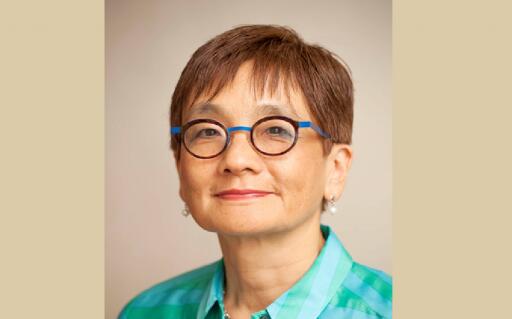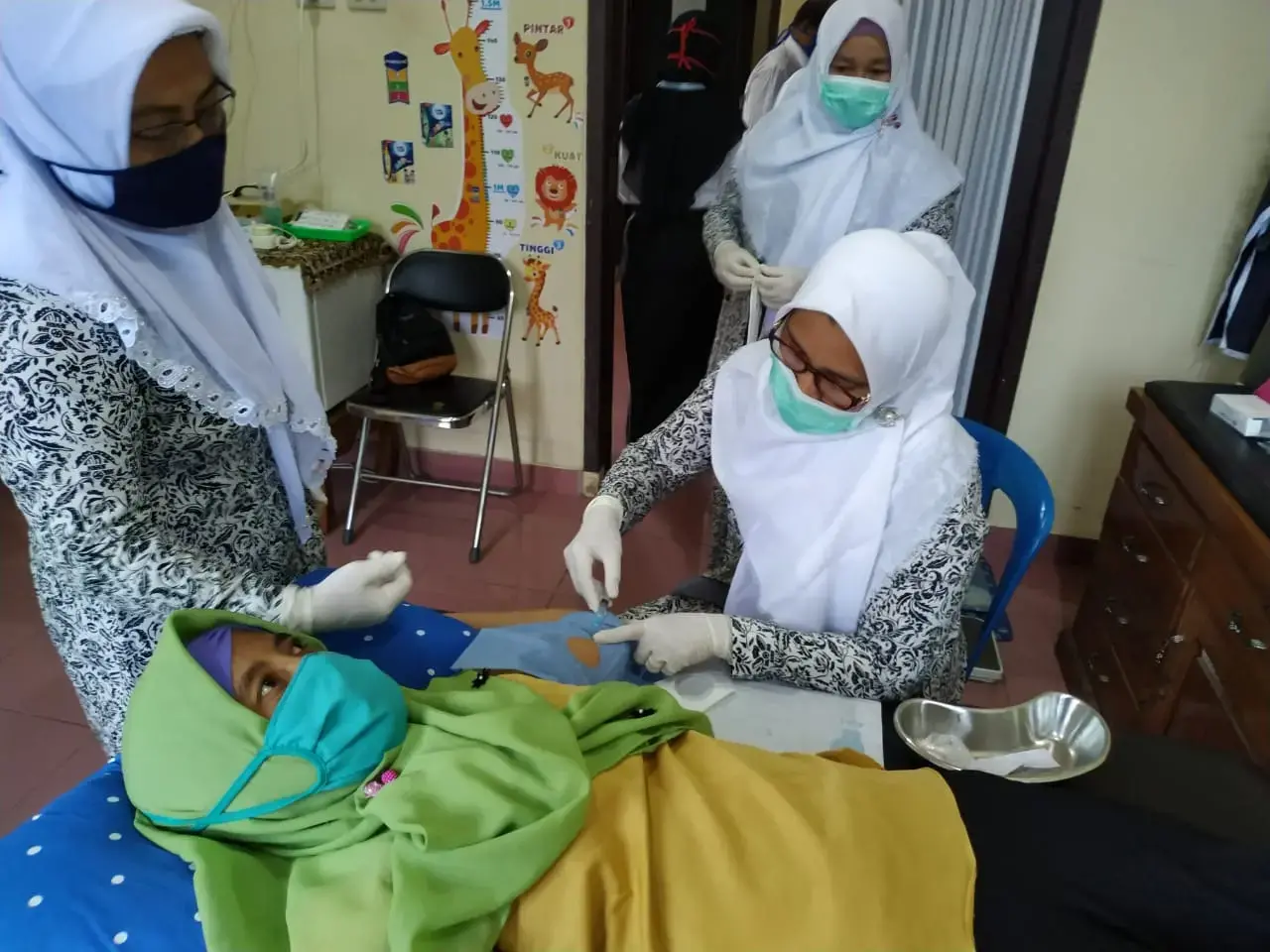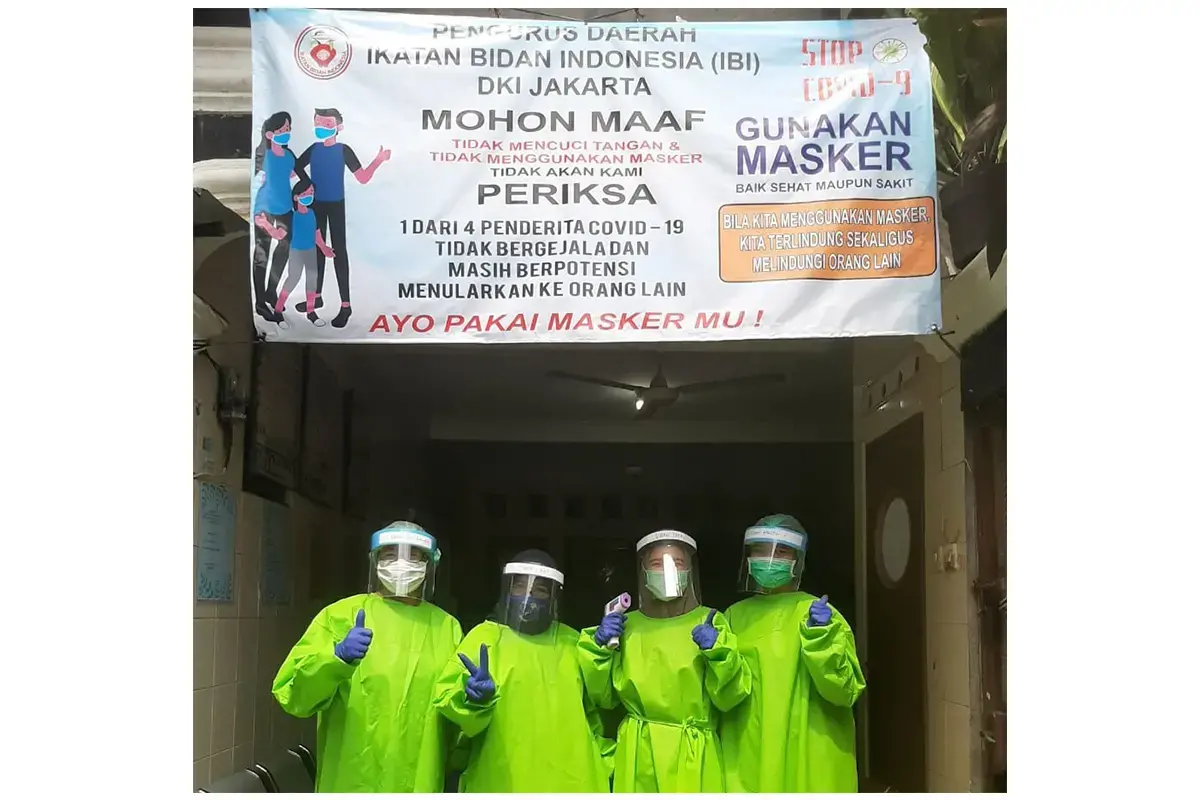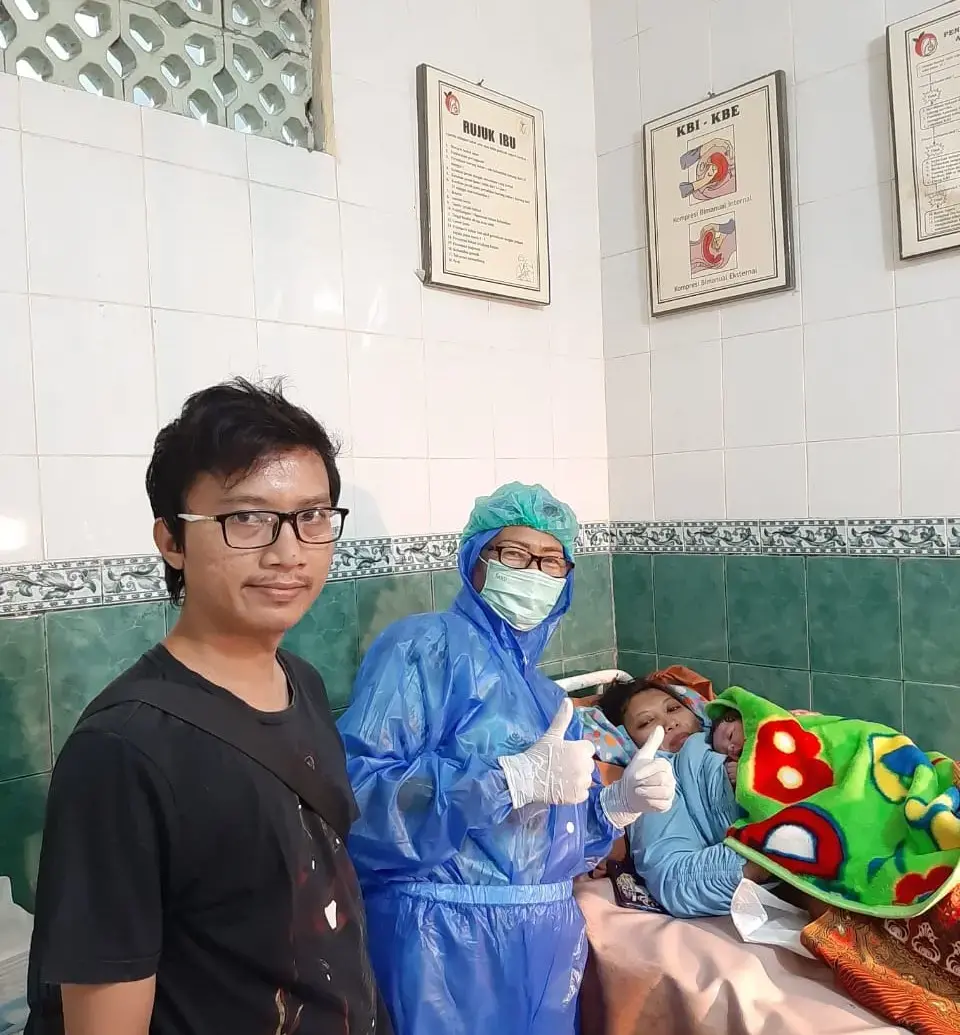JAKARTA, Indonesia - 20 April 2017: Yoriko Yasukawa, UNFPA Asia-Pacific Regional Director, used a four-day visit to Jakarta to attend the 2017 ASEAN-UN High-Level Meeting and to strengthen ties with the Indonesian Government, development partners and other stakeholders on issues critical to sustainable development and at the heart of UNFPA’s mandate: Sexual and reproductive health (SRH), family planning, gender equality and youth empowerment.
Noting Indonesia and the ASEAN region’s progress on several fronts, Ms. Yasukawa emphasized that improved partnerships are necessary for legislation, laws, policies and budgets for sustainable programmes that are rights-based and gender-sensitive, under the wider umbrella of the 2030 Agenda for Sustainable Development and its Sustainable Development Goals.
Indonesia is currently witnessing a bulging youth population (aged 10-24 years), making up about 24% of the country’s 253 million total population, according to 2010-2025 Population Projections.
Investing in young people’s education and health, including comprehensive SRH services and information, is imperative for both short-term and long-term productivity.
The uneven access to education and the high rate of school drop-out among girls due to economic reasons and sociocultural beliefs are still an issue to address in some communities across this vast land.
Strong SRH awareness and access to crucial services ensure the well-being of all young people, while education plays an essential role not only in improving competencies and expanding future opportunities for girls and boys alike, but also in helping end child marriage and early pregnancy that contribute significantly to maternal mortality.
“Fostering young people’s involvement in decision making help to tap into their resourcefulness for development. They know the challenges and can help identify solutions. We need to collaborate and strategize better for genuine youth empowerment,” said Ms. Yasukawa.
To address Indonesia’s high maternal mortality rate of 305/100,000 live births (2015 Inter-Censal Population Survey), improving midwives’ competence and deploying them where they’re needed the most, along with promoting childbirth at health facilities that are properly equipped, are a priority to realize access to quality maternal care and information.
Ms. Yasukawa also expressed UNFPA’s continued support for the elimination of violence against women (VAW) and harmful practices in Indonesia and other countries across the region, including female gential mutilation/cutting (FGM/C) and child marriage.
“UNFPA assists the government in making quality data availabile for informed development policies based on evidence and for follow-up of the findings,” she explained, referring to UNFPA’s technical assistance provided to the newly-released 2016 national VAW survey by the Ministry of Women's Empowerment and Child Protection (MOWECP) and BPS-Statistics Indonesia; and to the FGM/C study currently being conducted by Gadjah Mada University Population Study Center and National Commission for the Elimination of Violence Against Women (NCVAW).
Fostering the engagement of men and boys and communities in general is of the utmost importance in enhancing the impact of development initiatives that seek to bring about gender equality and youth empowerment, ultimately benefiting not only individuals and families but society in general.
Apart from attending the ASEAN-UN meeting, Ms. Yasukawa met with the Indonesian Minister of Foreign Affairs, the National Commission for Elimination of Violence Against Women, the National Commission for Human Rights, Commission IX on Health, the Women's Parliamentary Caucus, Indonesia’s Forum of Parliamentarians for Population and Development, NGOs for marginalized groups and women’s rights activists.
“Indonesia has been regarded as a secular democracy that seeks to celebrate unity in diversity, the humanity that binds us all,” she concluded. “We look to Indonesia to help lead the way on so many fronts at an increasingly challenged time for the region and the world. UNFPA is ready to support the country now and in the future.”





